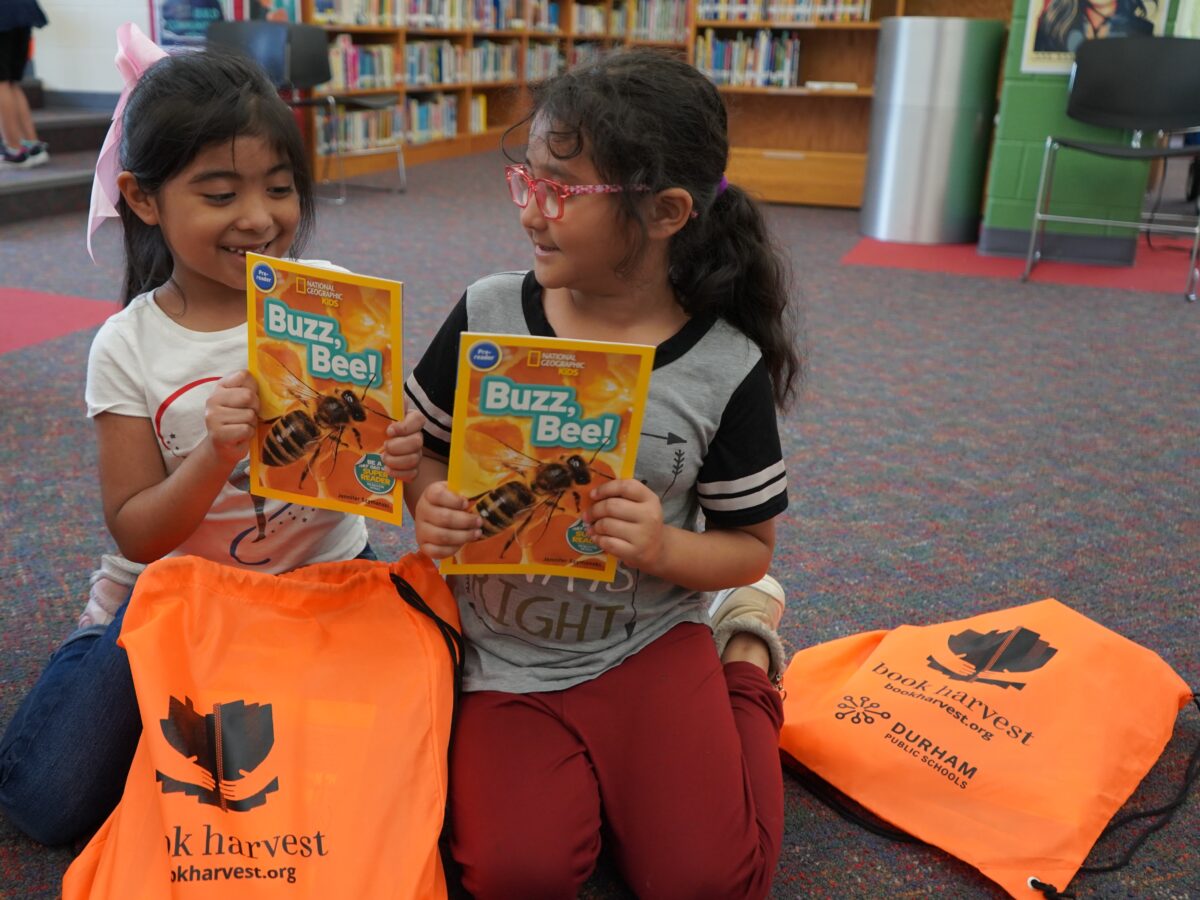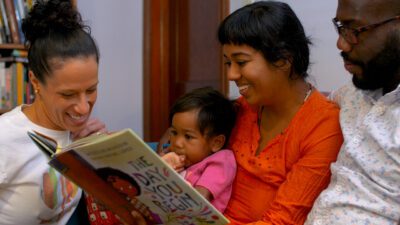

As we crest the halfway mark of the 2023-24 academic year, evidence of the disruptions stemming from Covid continues to roll in. The origins of this cataclysm — likely the worst in our country’s history — came in March 2020, when 50 million students were sent home to learn remotely.
The learning losses that began that spring are still with us: data show that two decades of gains in reading and math have been wiped out. Even more concerning, this slide disproportionately affects children growing up in poverty.
Our students are not okay — and, yet, the sense of collective urgency and mobilization that one might expect to accompany these devastating findings is eerily absent. And studies are revealing that those closest to our students — parents themselves — don’t realize the extent of the damage.
Our kids — all of them — need support now. To respond to that imperative, one question every superintendent should be asking themselves right now is this: What is our summer 2024 learning strategy?
Here’s why. Summer has always been the most challenging time of year for all students’ continued learning. Even more concerning, it is the most inequitable time of year for students. Children whose parents have means typically enjoy summers filled with camps, trips, and other activities — enrichments that help anchor their learning gains. Children whose parents have fewer means may lack access to high-quality learning opportunities — and may face twelve long weeks of waiting to get back to the rich learning environment of the classroom.
It is thus no surprise that when, this month, the Biden-Harris Administration released its Improving Student Achievement Agenda in 2024, it cited “increasing summer learning and extended or afterschool learning time” as one of the three evidence-based strategies that it endorsed.
When learning to read, as with other skills, practice is essential. Among the missed opportunities of summer is the chance for students to practice the reading skills that they have learned in the prior year. A motivated child with a book — or even better, a stack of books — is able to practice their reading, a superb way to anchor and further hard-won skills during time away from the classroom.
Without books — the most elemental of tools to practice and hone new reading skills — a new reader can’t practice over the summer.
This is a big deal, even more so in the aftermath of Covid. But a fix that can reach every student, not just some, is right in front of us, with the tantalizing possibility of activation this academic year. That fix is simple: provide kids with books for summer reading.
Providing students with ready access to an abundance of books is a proven, effective way to equip students with the tools to keep their learning alive, and even progressing, in the summer. There are many ways to fill a child’s summer with books. Public libraries are always open and offer fun summer reading programs. Little free libraries often include children’s books. And here in North Carolina, Book Harvest works closely with superintendents to equip children for summer reading with Books on Break, a magical experience rooted in joy.
Books on Break invites every student in a school at the end of the school year to select 10 new, high-interest, free books — books they can take home to read again and again and keep forever, building their home libraries. Students take their new treasures home in a string backpack preloaded with information for parents, to encourage them to engage with their children around reading over the long weeks of summer.
There is a valuable role for summer reading camps and intensive tutoring, but the unfortunate reality is that these interventions can’t reach all students. Books on Break, and programs like it, directly and tangibly address what is needed now: an abundance of books for all students, at the time it is needed most.
Providing all children with books is at the heart of educational equity, equipping every student with the tools for sustaining gains over the consequential and vulnerable weeks of summer. Books support children in continuing to build background knowledge, vocabulary, and decoding skills. And the targeted outreach to parents that can accompany book provision gives educators an opportunity to invite parents to be an active part of their child’s learning, reading together and talking about stories, at the very time that classroom teachers are handing the baton to them.
It is possible for all students to learn all summer long — but we must provide the tools. Programs like Books on Break, grounded in evidence, offer a cost-effective, school-wide way to extend learning beyond the academic year. This approach is more affordable than more intensive interventions such as summer school; it reaches all students; it engages parents; and it makes it possible for students to practice their reading all summer long — something every parent and teacher wants.
The time is now for superintendents to implement robust and effective summer learning strategies in order to combat the longstanding inequities in education, more pronounced after Covid than they have ever been. We can’t afford to waste another summer.


